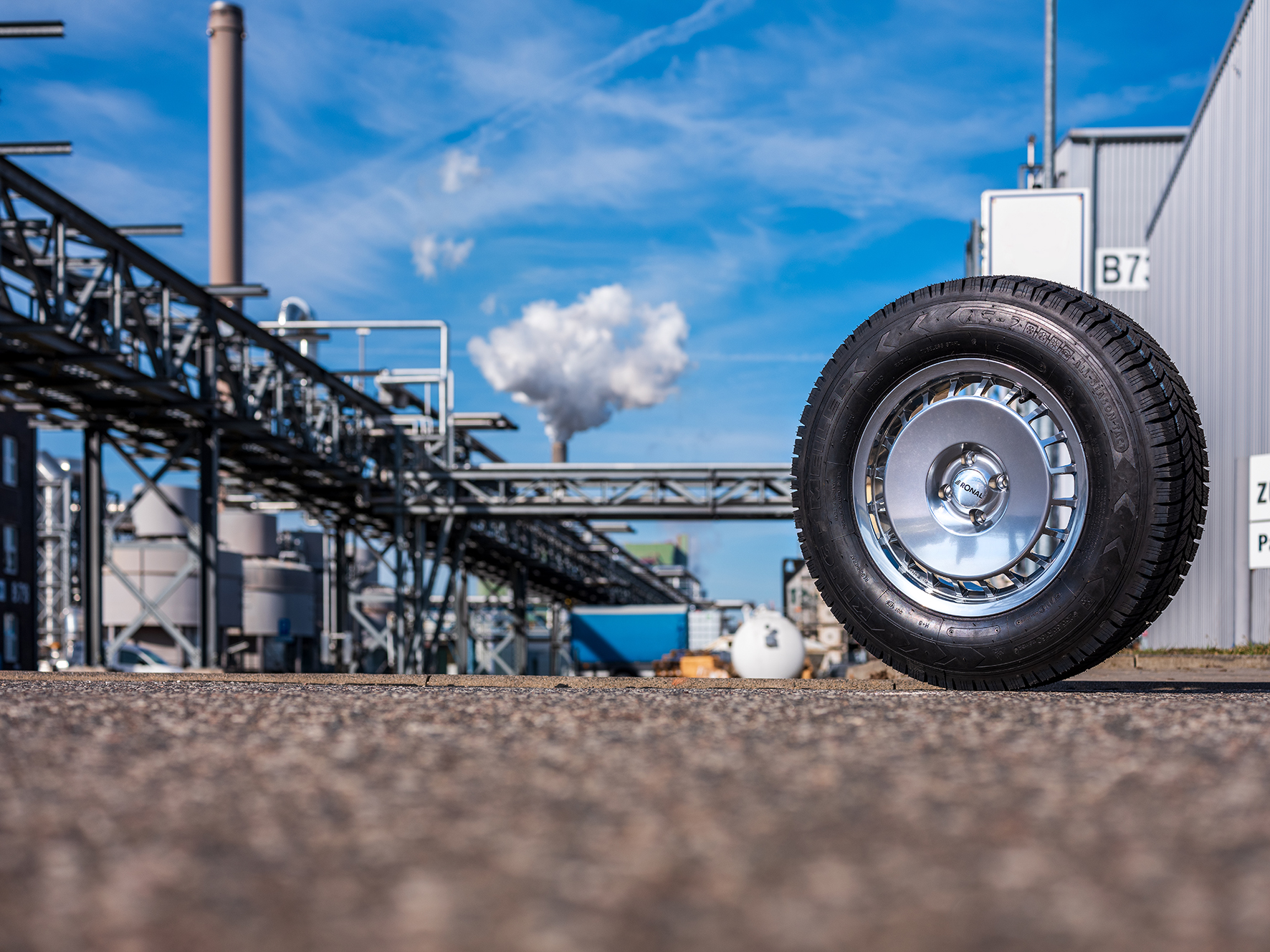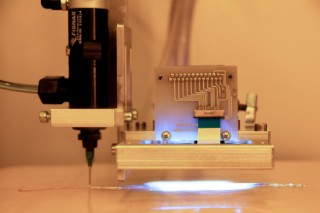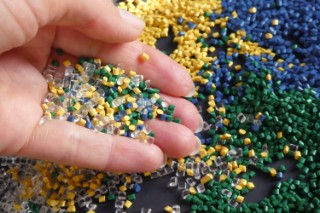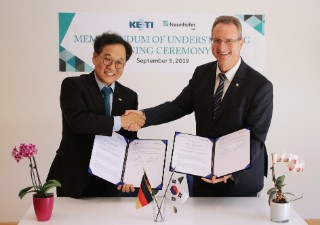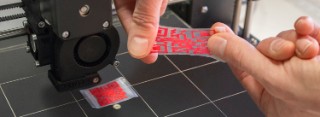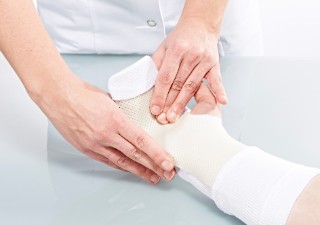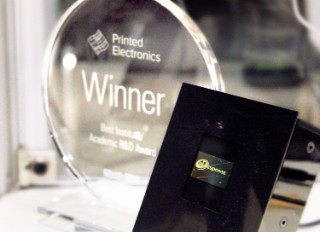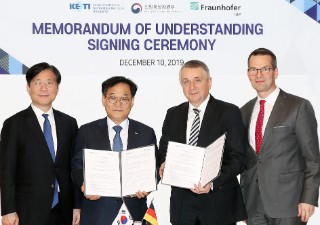
The Korea Electronics Technology Institute KETI and the Fraunhofer Institute for Applied Polymer Research IAP in Potsdam will work even closer together in the field of polymer research. On December 10, 2019, the Korean Minister of Commerce, Industry and Energy, Sung Yun-mo, and the KETI President, Dr. Yongsam Kim, visited the Fraunhofer IAP to seal the expansion of the collaboration with a Memorandum of Understanding (MoU).
more info